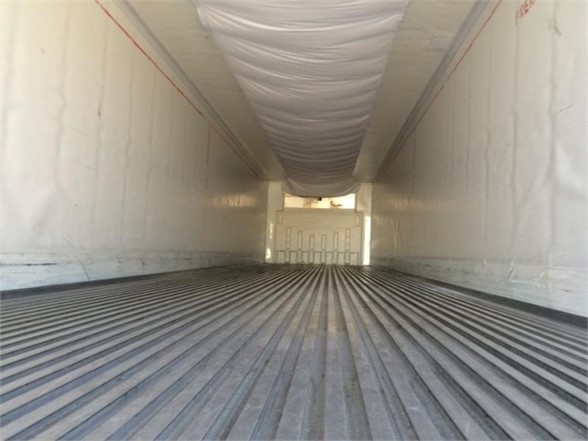Temperature controlled freight shipping is the transport of goods that are sensitive to climate conditions, and require special handling and storage to maintain stable temperatures from dock to dock. With temperature controlled shipping (Sometimes referred to as climate controlled shipping), goods must be kept at a certain temperature from the moment it leaves your facility until it arrives at your customer’s door.
This is possible with temperature controlled storage and refrigerated trucking.
For example, a temperature controlled environment will keep your produce fresh, flowers vibrant (and alive!) and your chocolate from melting during transport.
Prioritize freight temperature sensitivity tolerances and value
To find the most efficient and cost-effective logistics solutions, the critical shipping requirements need to be identified. Items to consider are the temperature stability (tolerance levels +/- “x degrees”), transit time and security requirements.
Determine if the items being shipped are perishable
With perishable freight, the more influence the temperature has on the item’s stability, the bigger impact it will have on the overall cost. There are different rates for cooled, chilled and frozen shipments. The reason behind this is the reefer unit’s wear and tear, along with the fuel required to keep the required temperature range.
If the freight temperature sensitive, there is no need to use a refrigerated trailer, as this would not be cost effective. Keep in mind that a reefer unit adds significant weight on the trailer, and the price would reflect this.
Common perishables that need a temperature controlled environment are diary, fruits, vegetables, meat, seafood, plants and pharmaceuticals.
Refrigerated Freight Limitations
Refrigerated freight trailers have less capacity due to the thicker insulated walls. As mentioned earlier, the reefer unit adds significant weight, reducing the total payload capacity.
Guidelines must be set with the carrier prior to booking the load! Special handling and/or temperature guidelines must be clear on the instructions.
Shipping and receiving points should have temperature controlled docks to handle the sensitive freight. If there is any cross-docking involved, the facility should also have the proper temperature to handle the freight, even for a short period of time. Drivers should be advised to keep their trailer doors closed as long as possible to maintain the temperature, since having the doors open at a dock for extended periods of time may alter the overall temperature inside the trailer.
Temperature Controlled Freight Forwarders
BOA Logistics specializes in moving temperature controlled freight, including drayage. The relationships with carriers built over the years has created a unique mix of capabilities to move your products. The difference BOA brings are dedicated trucks, cross docking capabilities and Less-than-Truckload (LTL) consolidation managed with an experienced team.



